Oral & Dental
Tooth Decay & Cavities: From Causes To Treatment, Everything You Need To Know
4 min read
By Dr Sonia Bhatt, Dental Surgeon - 21 June 2022, Updated on - 18 October 2022
Share this article
0
46 likes
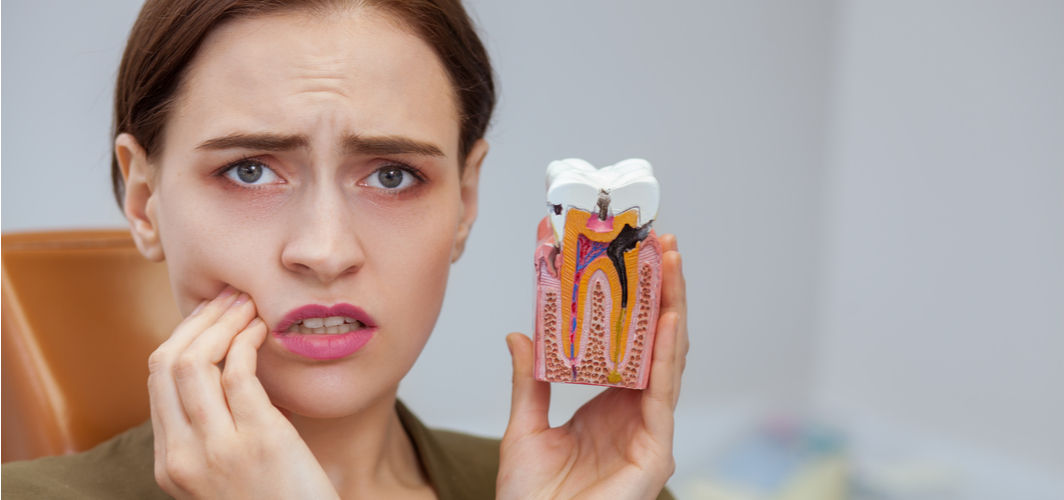
The ancient folklore stated that there is a worm that decays teeth and results in cavities. But is it true? The truth is as soon as we eat food, the bacteria in the mouth start reproducing, thereby increasing their count. These bacteria use the sugar from the food and produce acid in the mouth. This acid dissolves the outer layer of the teeth called, enamel, producing a cavity. However, some ways can help prevent the destruction of teeth and the formation of cavities.
What causes tooth decay?
Bacteria in the mouth use the sugar of the food to form a biofilm (called plaque) on the outer surface of the teeth. When this layer is not removed, it calcifies and hardens into tartar (calculus). This layer cannot be removed by brushing and allows the bacteria to grow and form acid. This acid causes tooth decay and forms cavities. Other than poor oral hygiene, factors that increase the risk of developing cavities include:
- Foods and beverages: Baked and processed foods such as cakes, pastries, ice creams, sugary foods and carbonated beverages allow faster growth of bacteria and accelerate the process of plaque formation.

- Dry mouth (Xerostomia): Saliva helps in cleaning the outer surface of the teeth, thereby preventing the formation of the plaque layer. However, some medications, conditions (Sjogren’s syndrome), radiation or chemotherapy can reduce the production of saliva, thereby increasing the risk of developing cavities.
- Gastrointestinal (GI) problems: GI problems such as gastroesophageal reflux disease (GERD) can cause the stomach acid to flow up in the mouth, resulting in erosion of enamel.
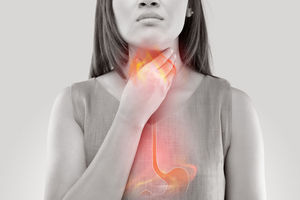
- Eating disorders: People with eating disorders such as bulimia and anorexia nervosa often indulge in purging after eating, which can cause the erosion of teeth.
How is tooth decay treated?
Depending on the extent of damage, treatment of tooth decay involves:
- Tooth fillings: If the bacteria damage the enamel and the dentin (the second layer of the teeth), the doctor cleans the decayed part and fills it with bioactive synthetic materials such as glass ionomer cement (white coloured filling), composite (tooth coloured filling), and amalgam (silver coloured filling).
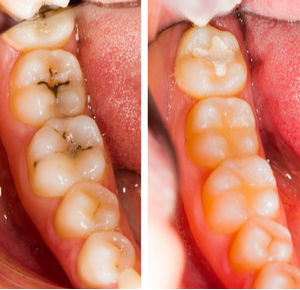
- Root canal treatment (RCT): If the tooth decay extends to the pulp (the nerve-containing part of the tooth), the patient requires a root canal treatment (RCT). An RCT involves cleaning the nerve tissues present in the pulp cavity, followed by the filling of the tooth canals permanently with a thermoplastic material, which prevents reinfection of the tooth.
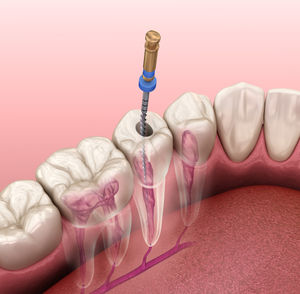
How to prevent tooth decay?
Ways to prevent tooth decay include:
- Maintain basic oral hygiene: One can maintain good oral health by brushing and flossing regularly along with thorough tongue cleaning. People can also use chlorhexidine mouthwash as an adjunct to other oral hygiene measures to reduce the bacterial count.

- Get oral prophylaxis done: People should visit a dentist every 6 months to get a thorough oral and dental examination. The visit also includes a session of cleaning teeth (scaling) using a mechanically vibrating ultrasonic machine that removes the layer of plaque and calculus from the teeth.
- Application of sealants: People can get dental sealants applied to their teeth to prevent tooth decay. Dental sealants are thin, protective coatings made up of composite liquid resin that is applied on the chewing surface (occlusal surface) of the teeth (usually premolars and molars) to seal the crevices and grooves. These sealants prevent the accumulation of food on the teeth, thereby restricting the formation of plaque and acid.

- Use of fluoride: People can get fluoride applications done on their teeth to make them more resistant to bacterial attacks. Studies have shown that sodium fluoride varnish can not only prevent the development of cavities but can also arrest enamel and dentinal cavities at early stages by remineralizing the decayed part of the tooth. People can also use fluoridated toothpaste to strengthen their teeth and relieve hypersensitivity to hot and cold foods and beverages.
New research on the prevention of tooth decay
On 17th August 2020, a study presented at the annual meeting of the American Chemical Society explained a way to prevent the formation of plaque using a nanoparticle solution. In this study, scientists developed a nanoparticle solution using ceric ammonium nitrate or sulfate salts and water. This solution was mixed with one of the plates of lab-grown Streptococcus mutans (cavity-causing bacteria), while the other plate was kept as control (without the nanoparticle solution). The results of the study showed that the plate with cerium oxide nanoparticle solution had 40% less formation of plaque biofilm as compared to the control plate.
On comparing with silver nitrate (an anti-cavity agent), these nanoparticles were found to be less harmful to the good oral bacteria and more effective in preventing biofilm formation. However, more research is needed before the clinical intervention.
Tooth decay can majorly be prevented by following basic oral hygiene measures, which include brushing, flossing, tongue cleaning and using a mouthwash. However, other measures such as the application of fluoridated varnish and sealants and regular dental scaling can reduce the risk of developing cavities significantly.
For more information,
Oral & Dental
Leave Comment
Recommended for you

Oral & Dental
Can Bad Breath Be A Sign Of An Underlying Health Condition?
Read to know the reasons behind bad breath that go way beyond poor oral hygiene.
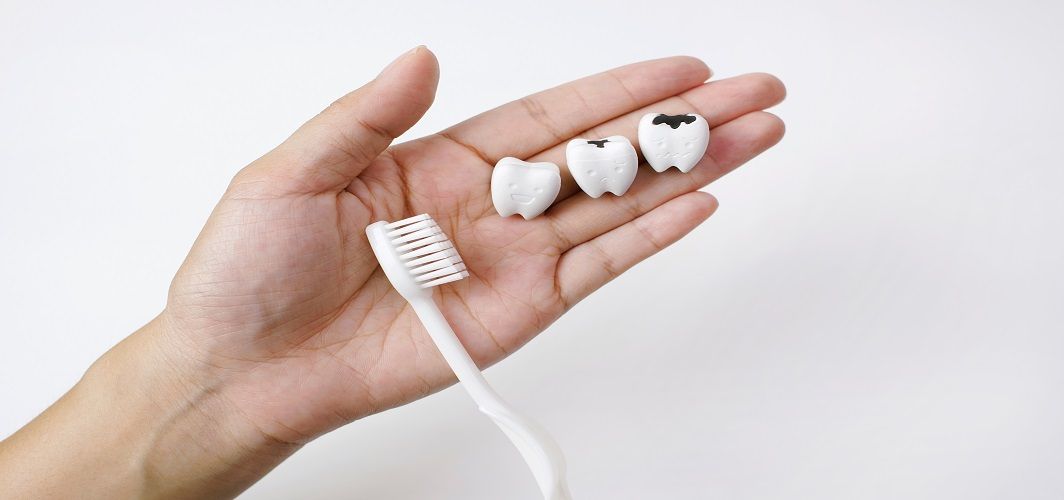
Oral & Dental
Tips to Prevent or Reverse Cavities
Dental caries, often known as cavities, are the early stages of dental decay that, if left untreated, can eventually lead to the formation of a hole in the tooth. They can be undone with simple restorative procedures like filling. Run down the blog to know how to prevent cavities.
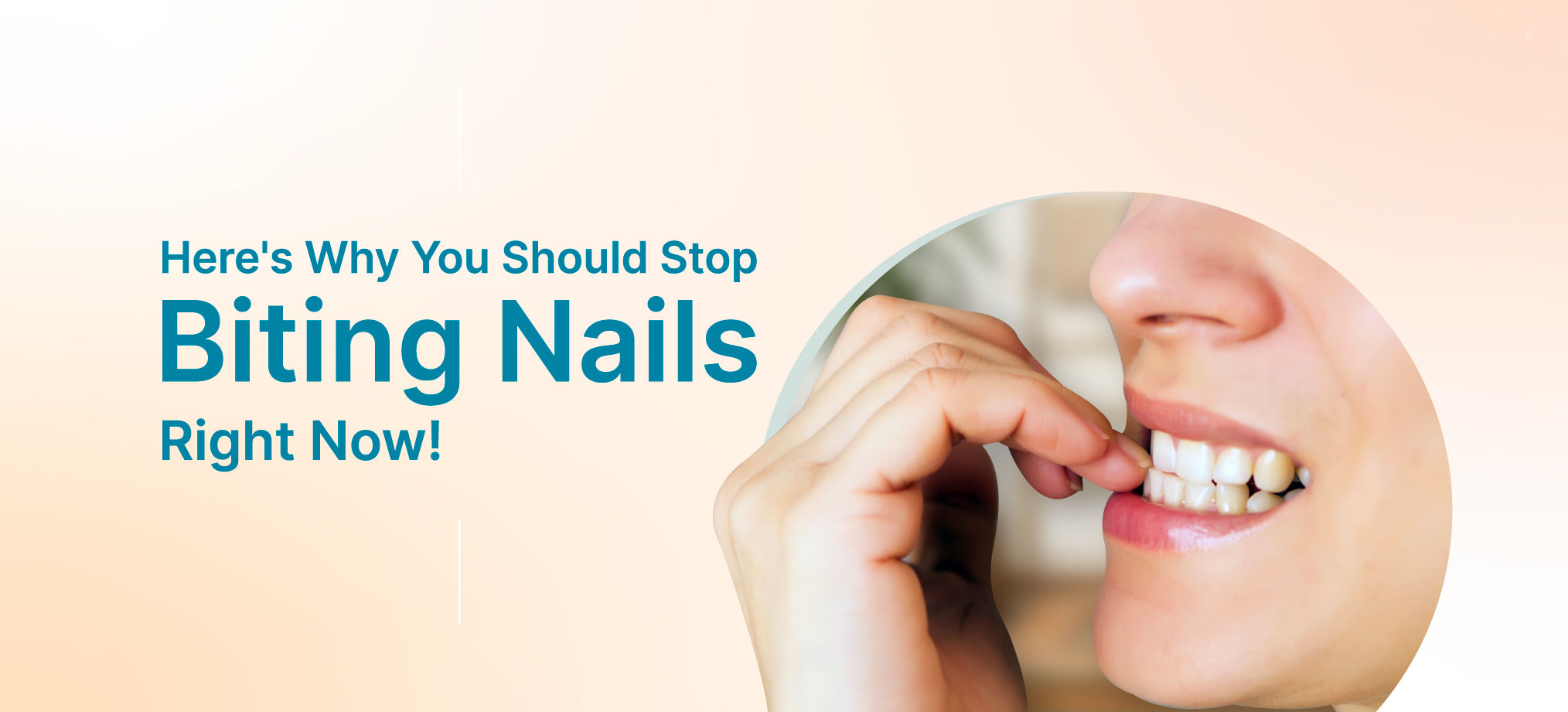
Oral & Dental
5 Bad Habits That Can Damage Your Teeth And Decline Oral Health
When it comes to your overall well-being, good oral health is essential. Certain bad habits can significantly damage your teeth and cause several oral health issues. This blog underlines the top 5 habits you need to quit right away to keep your teeth in the best possible condition.
Subscribe
Sign up for our free Health Library Daily Newsletter
Get doctor-approved health tips, news, and more.
Recommended for you

Oral & Dental
Can Bad Breath Be A Sign Of An Underlying Health Condition?
Read to know the reasons behind bad breath that go way beyond poor oral hygiene.

Oral & Dental
Tips to Prevent or Reverse Cavities
Dental caries, often known as cavities, are the early stages of dental decay that, if left untreated, can eventually lead to the formation of a hole in the tooth. They can be undone with simple restorative procedures like filling. Run down the blog to know how to prevent cavities.

Oral & Dental
5 Bad Habits That Can Damage Your Teeth And Decline Oral Health
When it comes to your overall well-being, good oral health is essential. Certain bad habits can significantly damage your teeth and cause several oral health issues. This blog underlines the top 5 habits you need to quit right away to keep your teeth in the best possible condition.